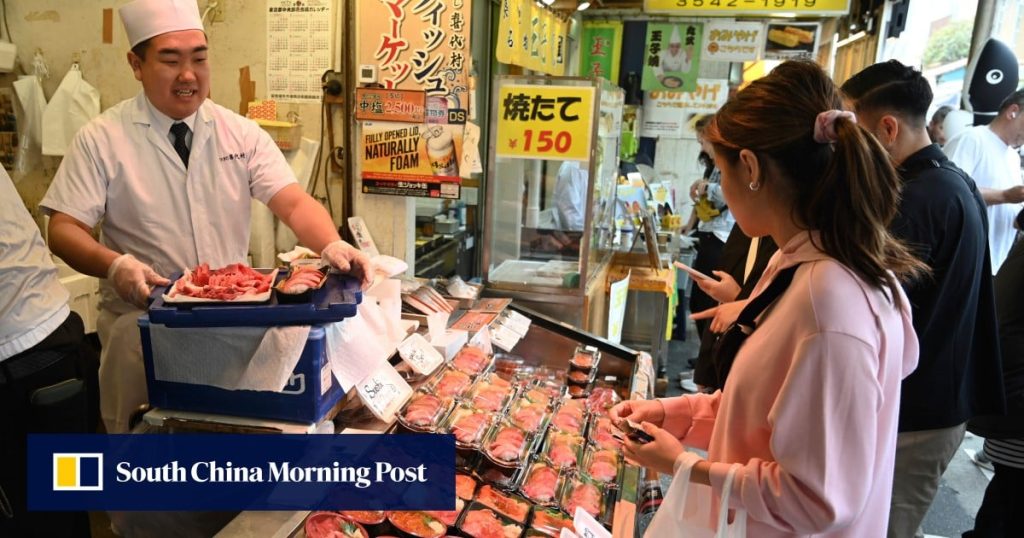Japan is under growing pressure to reduce its deeply unpopular consumption tax in an effort to ease economic hardships on ordinary citizens and limit the impact of US tariffs – though analysts warn such a move would compromise a critical source of government revenue.
Despite these warnings, the government is expected to maintain that it is weighing the proposals, as outright rejection could cause even greater damage to the already weak minority administration of Prime Minister Shigeru Ishiba ahead of July’s elections for the House of Councillors.
Members of the ruling Liberal Democratic Party (LDP) discussed the matter with counterparts from political ally Komeito last week, the Yomiuri newspaper reported.
“The most effective step would be to directly reduce the burden on household budgets and companies by lowering the tax,” Komeito politician Tetsuo Saito was quoted as saying.
Since cutting the consumption tax would require legislative changes, Saito also proposed cash handouts for those in need as an interim measure until legal revisions could be made. His suggestions received broad support, with calls to incorporate them into the parties’ campaign platforms ahead of the election.
Similar discussions are also under way within the main opposition party, the Constitutional Democratic Party of Japan. Its leader, Yoshihiko Noda, has suggested that such measures are needed in light of US President Donald Trump’s new tariffs on imports from Japan.


